Seeking Employment: The Dilemma of Meaningful Research Opportunities for Community College Students
May 5, 2017
“What classes are you taking this summer?” I asked a friend of mine in one of my classes. My question was met with a scowl.
“I’m not sure. Depends if I can find something meaningful to do instead.”
“What do you mean?”
“Well, ideally I could get an internship relevant to what I’m studying. But that’s proving to be a lot harder than I initially imagined…”
This conversation got me thinking: How do community college students normally find work in their fields? I was a special case. A woman leading a new startup came to speak to the Women in STEM Club. Intrigued by her work, I asked if I could interview her for a magazine I was helping to edit. After I interviewed her, I became even more enamored with the company, and asked if they were hiring: in a stroke of luck, she said yes and six months later, I’m still with NuLeaf Tech. And I know of other friends who have seemingly stumbled upon amazing opportunities as well. In another example, Foothill student Veronica Bliss ended up finding an internship with individuals working on Santa Clara County’s Measure B from attending Foothill’s Political Awareness Day. But these sorts of events aren’t common, and students can’t simply rely on the possibility of meeting someone who can land them a research position or internship every time they go to a club meeting or outreach event.
A story my CEO told me comes to mind that illustrates just how difficult it is for community college students to find meaningful work in their fields. When she first founded her company, it was established as an educational research incubator. She went to Foothill and De Anza to present her ideas, hoping to get a few applications of people who might be interested in joining in on her work. But the response she received was overwhelming. Several days later, she had over 150 applications from eager STEM students who were highly motivated to create an opportunity for themselves. She was shocked at the sheer volume of applications she’d gotten, but as she began analyzing why she had obtained so much interest, she realized how difficult it was for some community college students to find relevant fieldwork. But this problem extends beyond STEM students as well.
I began to ask around to see what else I could learn about how students had found their careers. My first thought was Foothill’s College and Career Center, where fellow Script author Will Robertson recently visited for career planning advice. He told me he’d gone in with a resume and a question of how to look for opportunities in his general fields of humanities and the social sciences. He was given a helpful tip: to change his resume around, and look at the Foothill portal, which he had already checked. Unfortunately, there weren’t any significantly meaningful opportunities for him. He was also advised to email the internship chair, which he did twice over a period of two weeks, only to receive no response either time. The meeting was brief and the central pieces of advice given to him were to use the Foothill portal and work on his resume. He felt unfulfilled from his encounter with them, but this was just one experience; perhaps others had attained more success from the College and Career Center than Will had.
Extracurriculars are becoming more and more important for community college students. As transfer admissions become increasingly competitive, having meaningful work in your field can be the difference between you standing out versus blending in with the rest of the applicant pool. On top of that, relevant work experience during the formative collegiate years can help better prepare students for their transition into the workforce post-graduation.
What resources are there at Foothill for community college students to find work and research experience that will help them to transfer and beyond? How can students better utilize these resources? How can these resources gain publicity, and how can they be expanded upon? Does the new ASFC Cabinet-Elect support student work issues and have any plans in place for them? I intend to conduct interviews and research of my own and follow up here within the coming weeks. If you’ve had an experience finding work, or lack thereof, I would love to hear your story. Please contact me at [email protected], or leave a comment below!

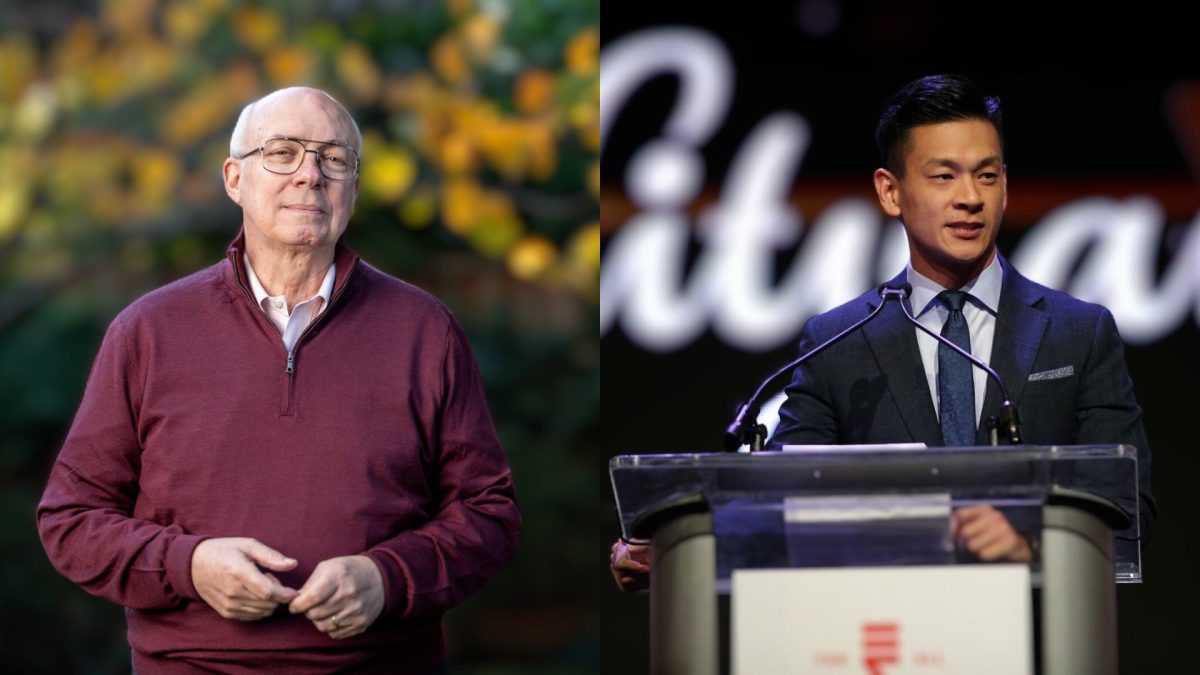





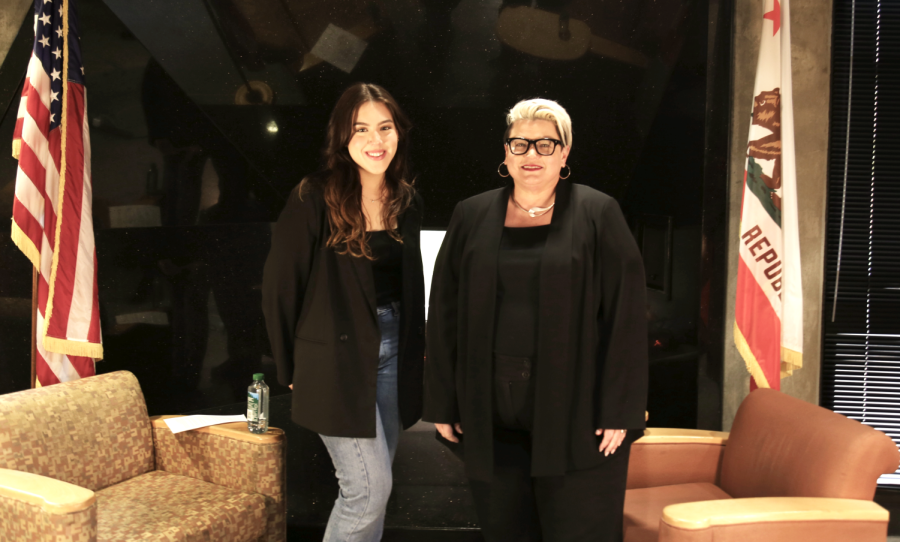
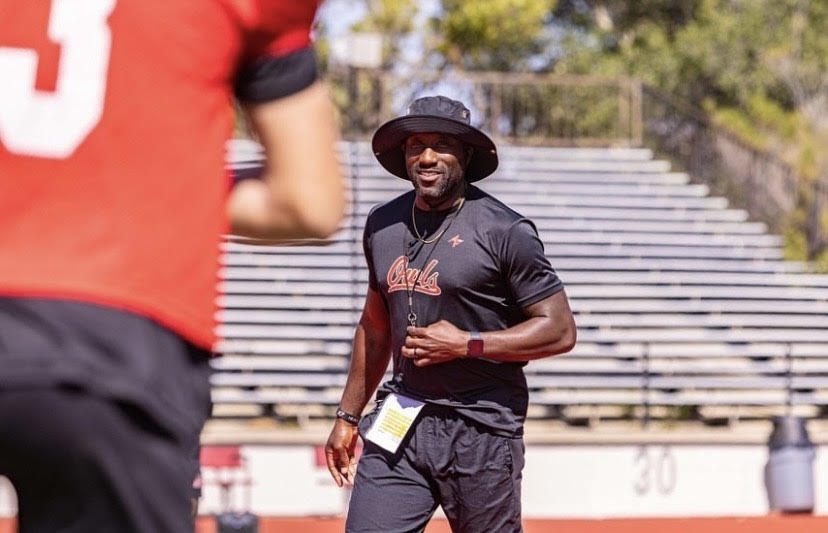
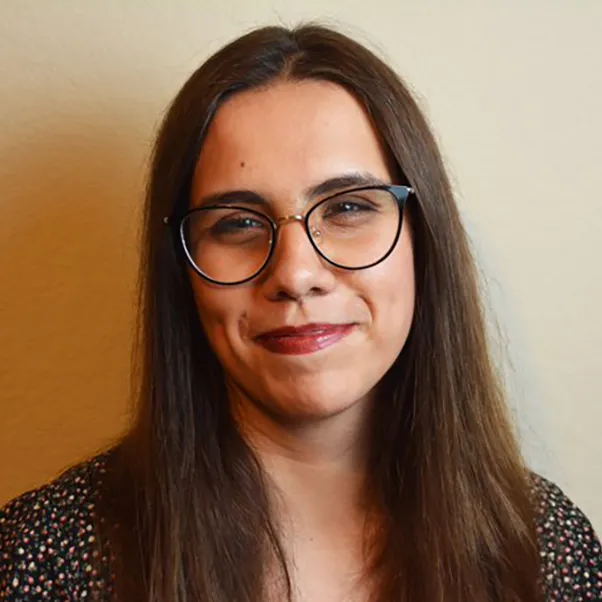

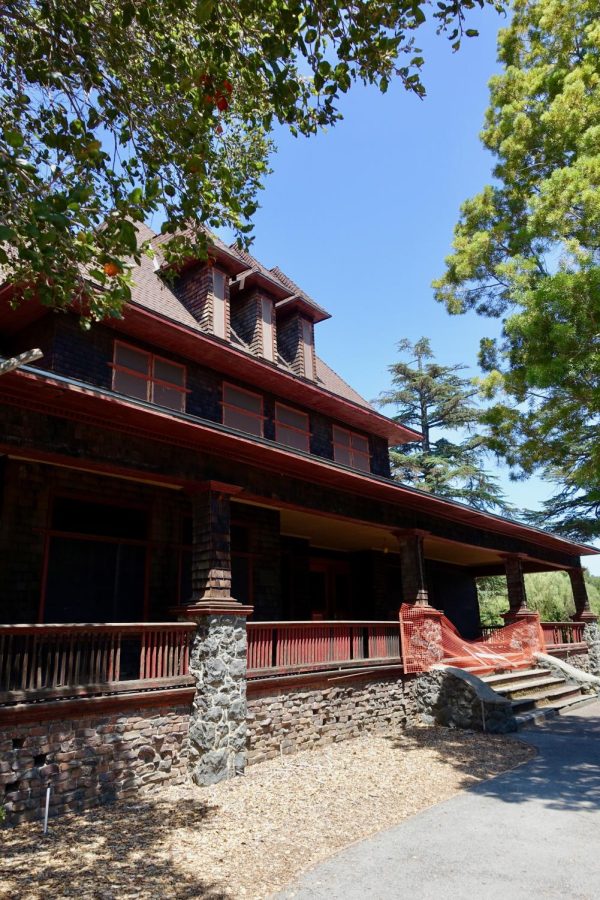
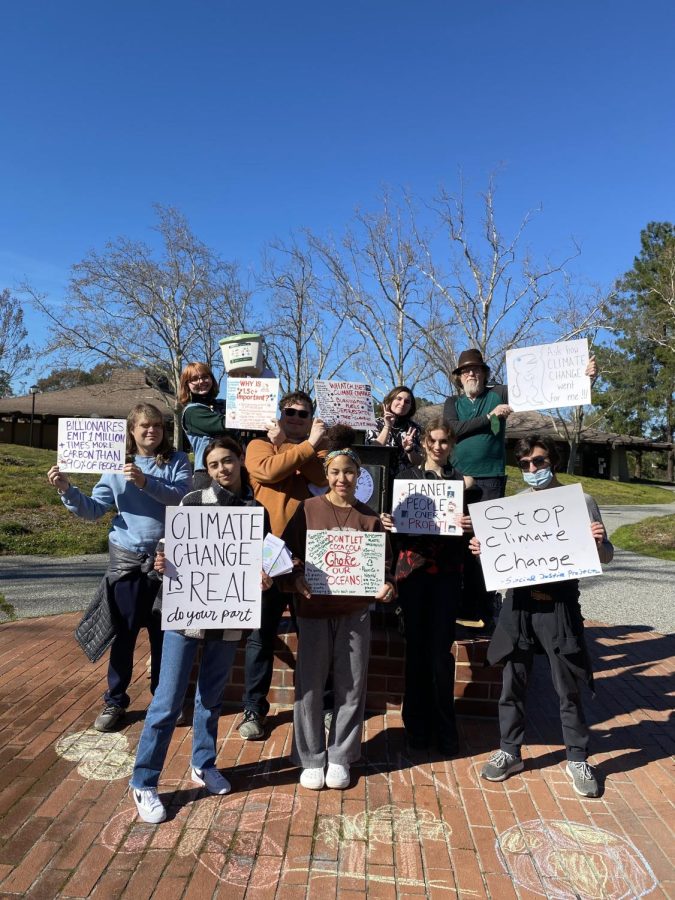




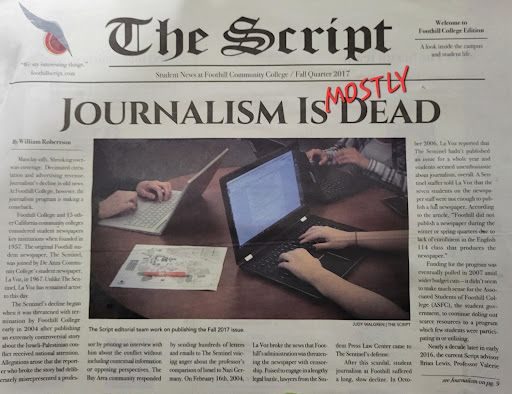

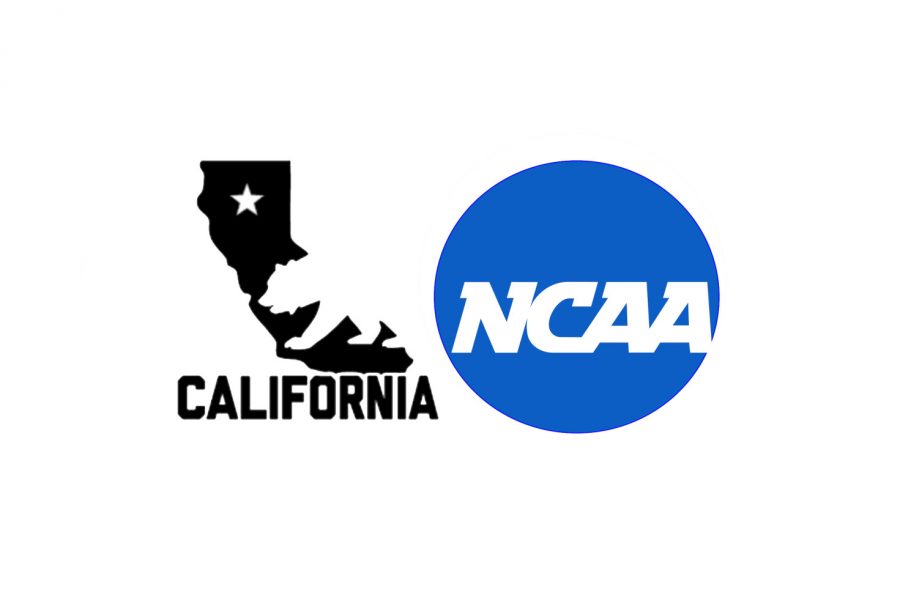
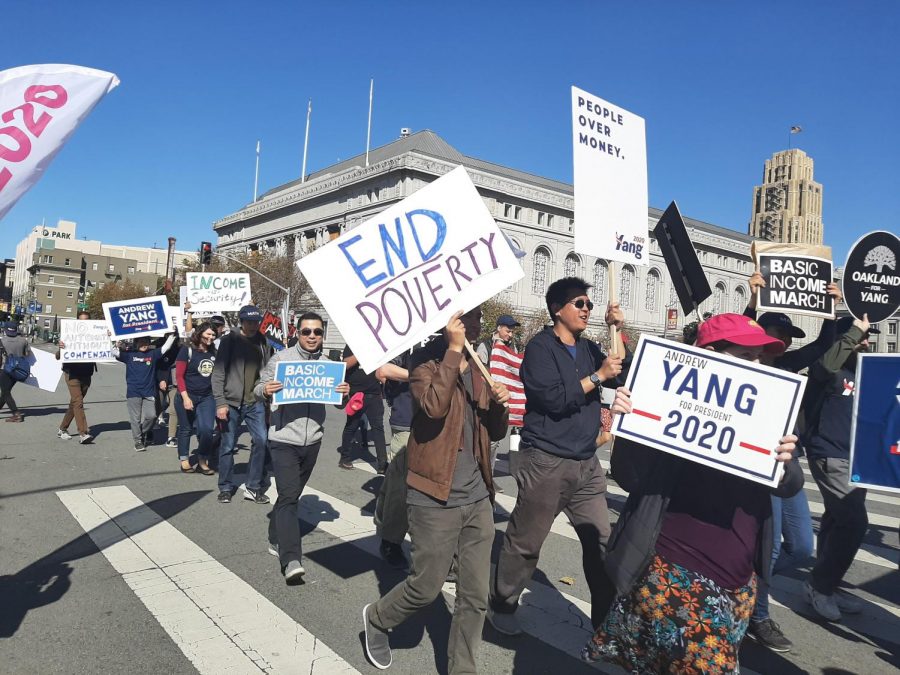
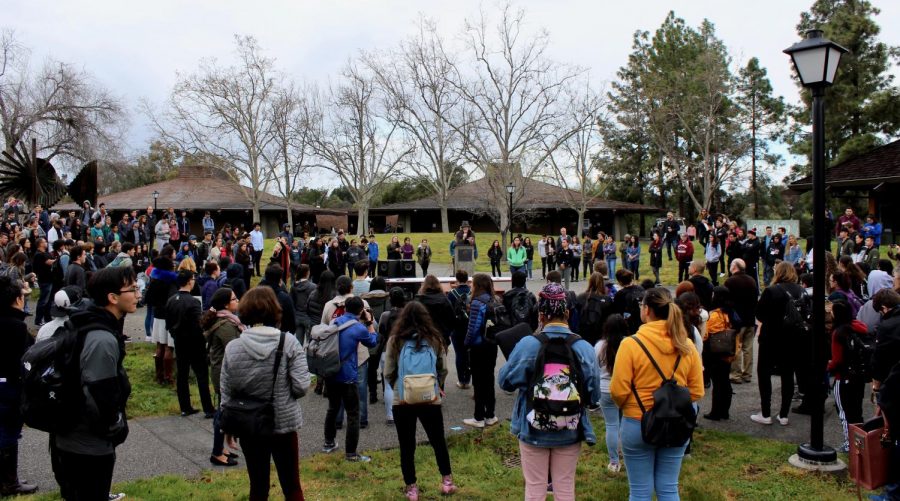
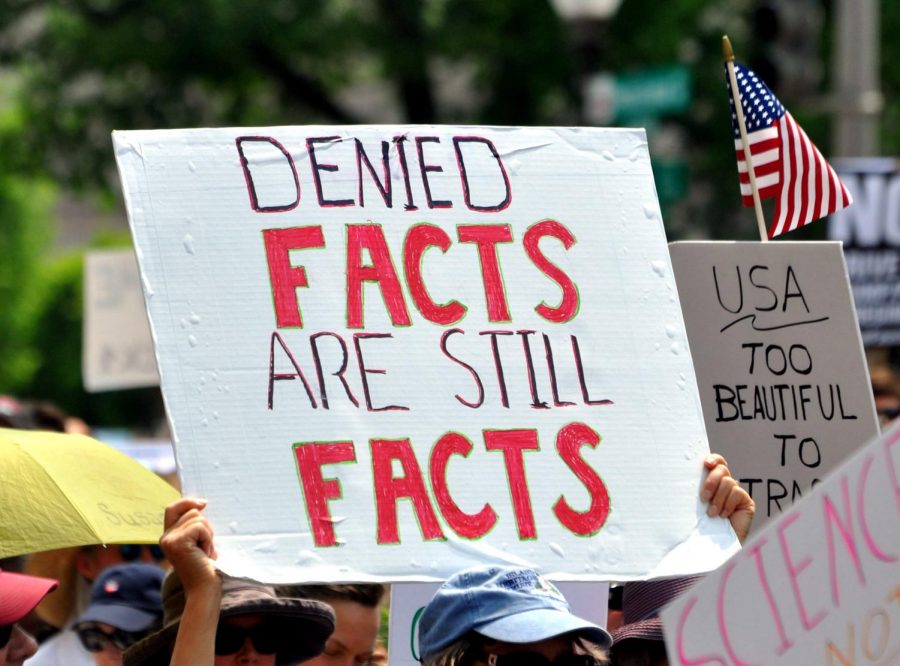

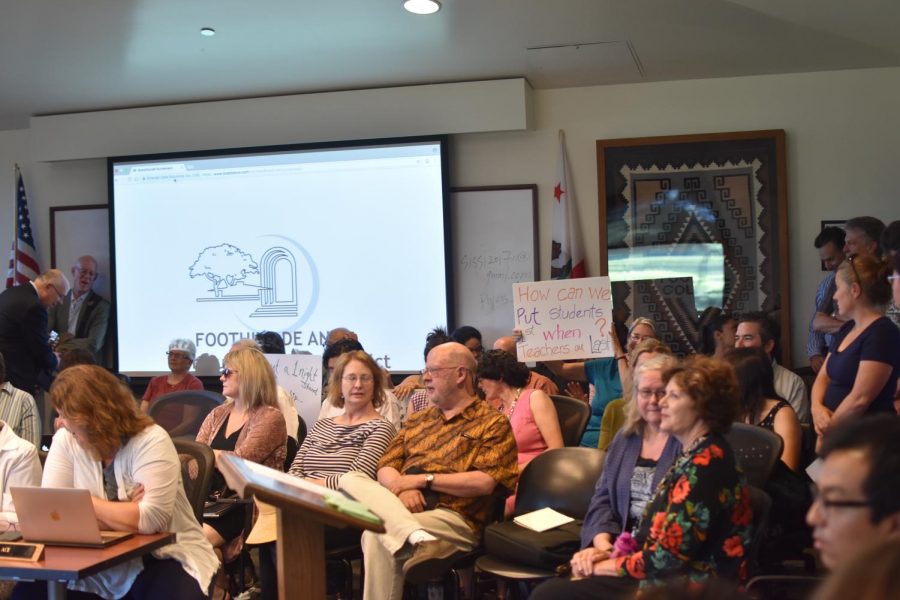
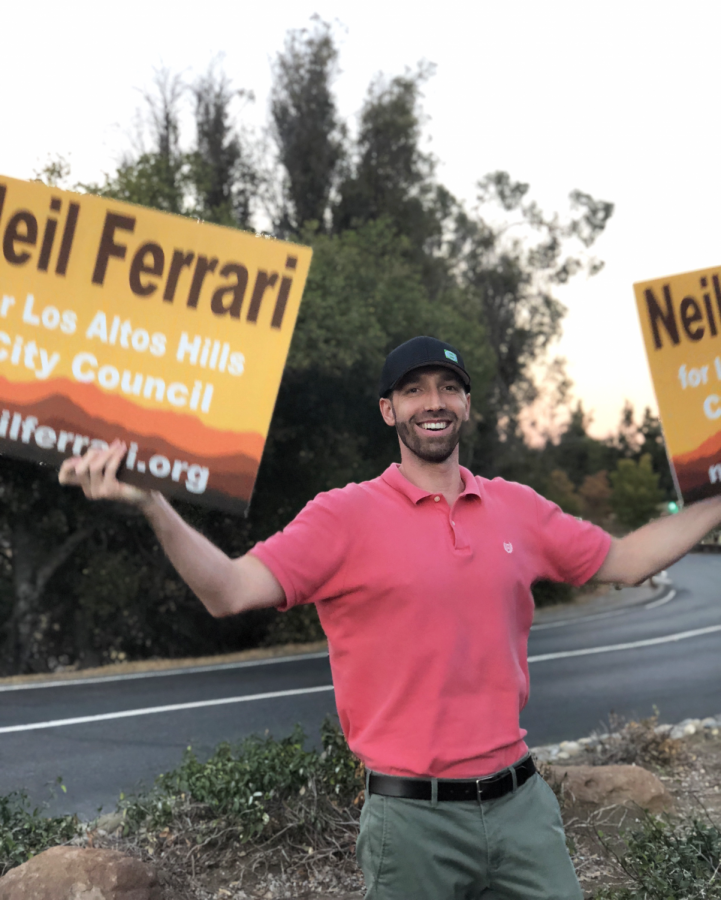
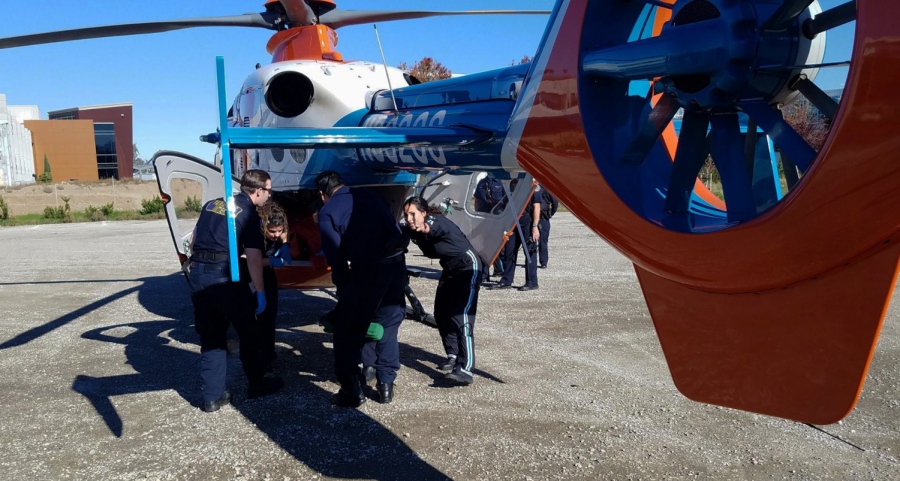
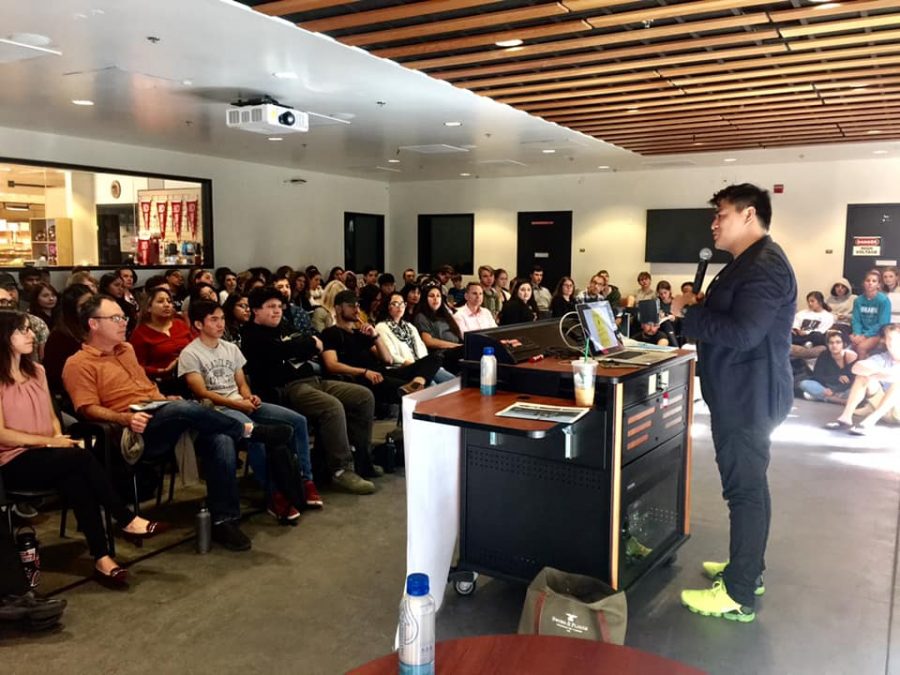
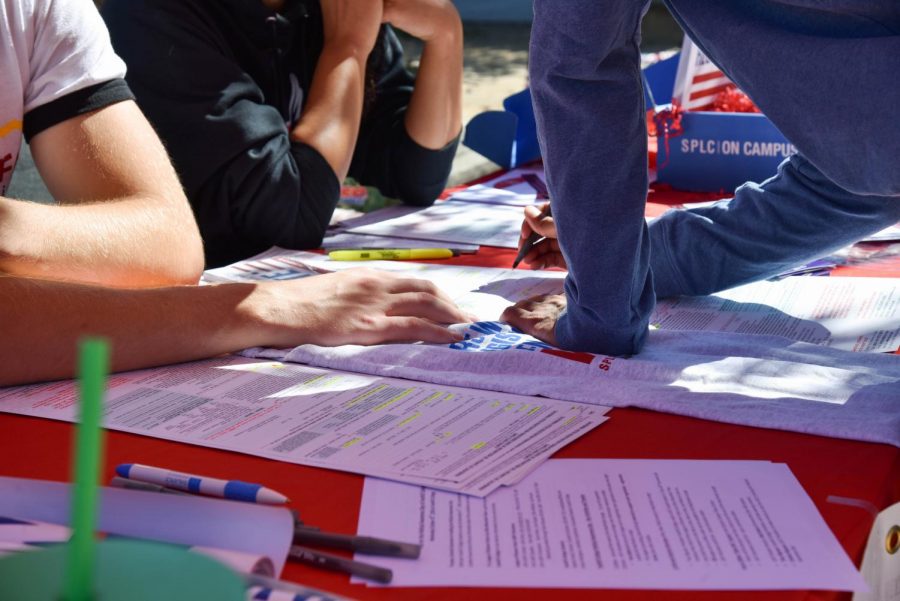
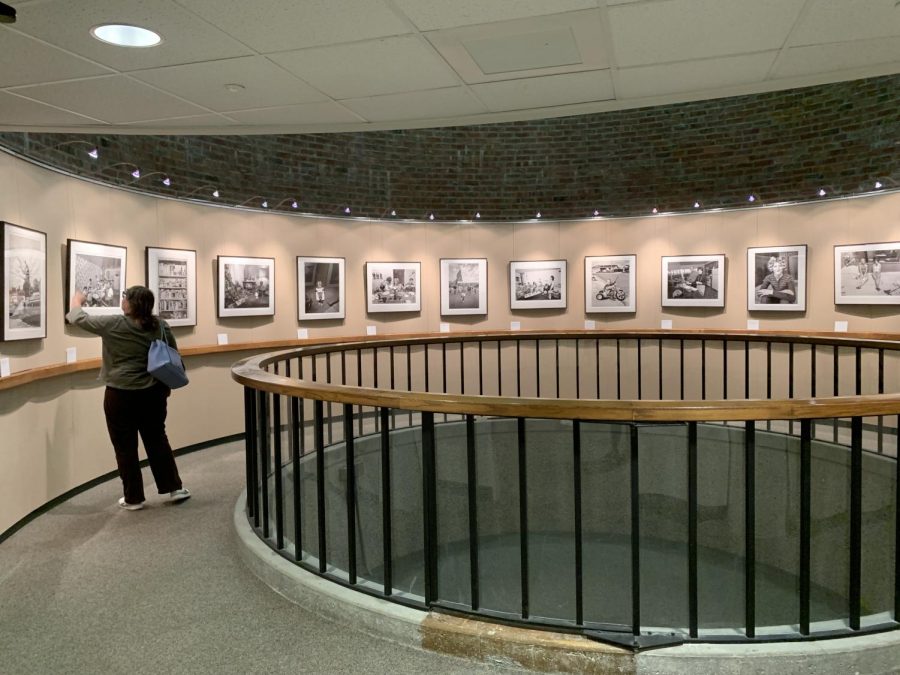

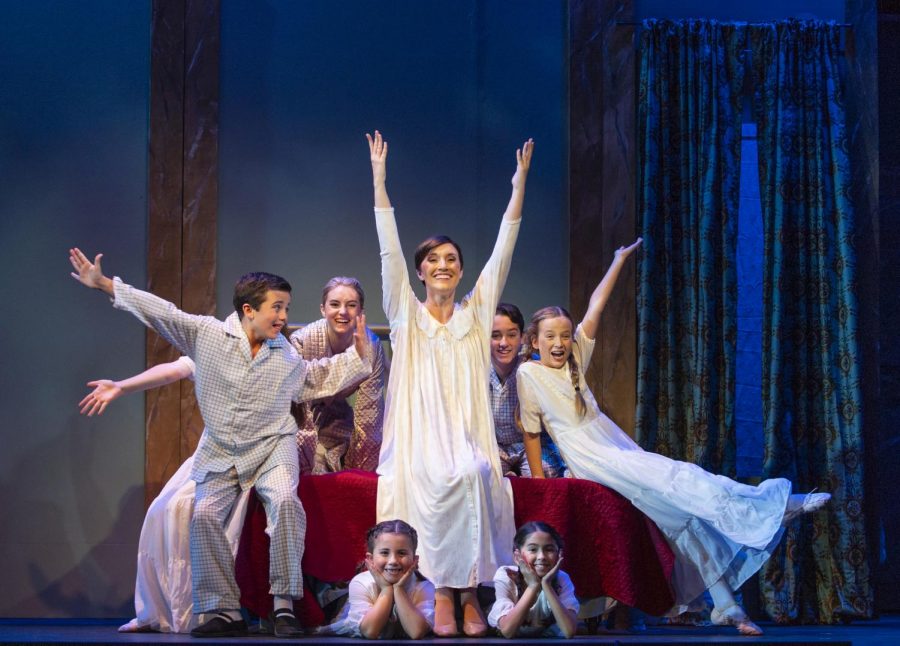

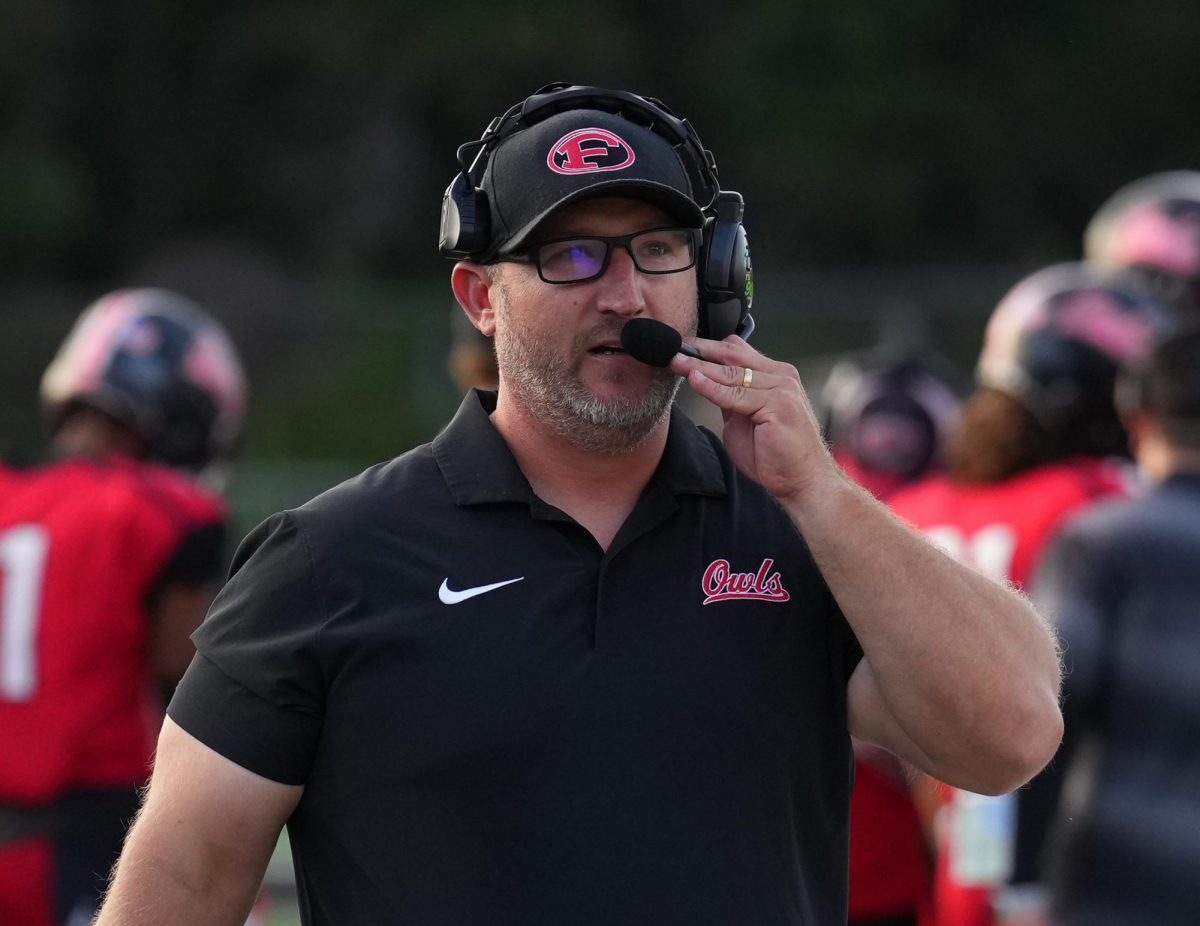

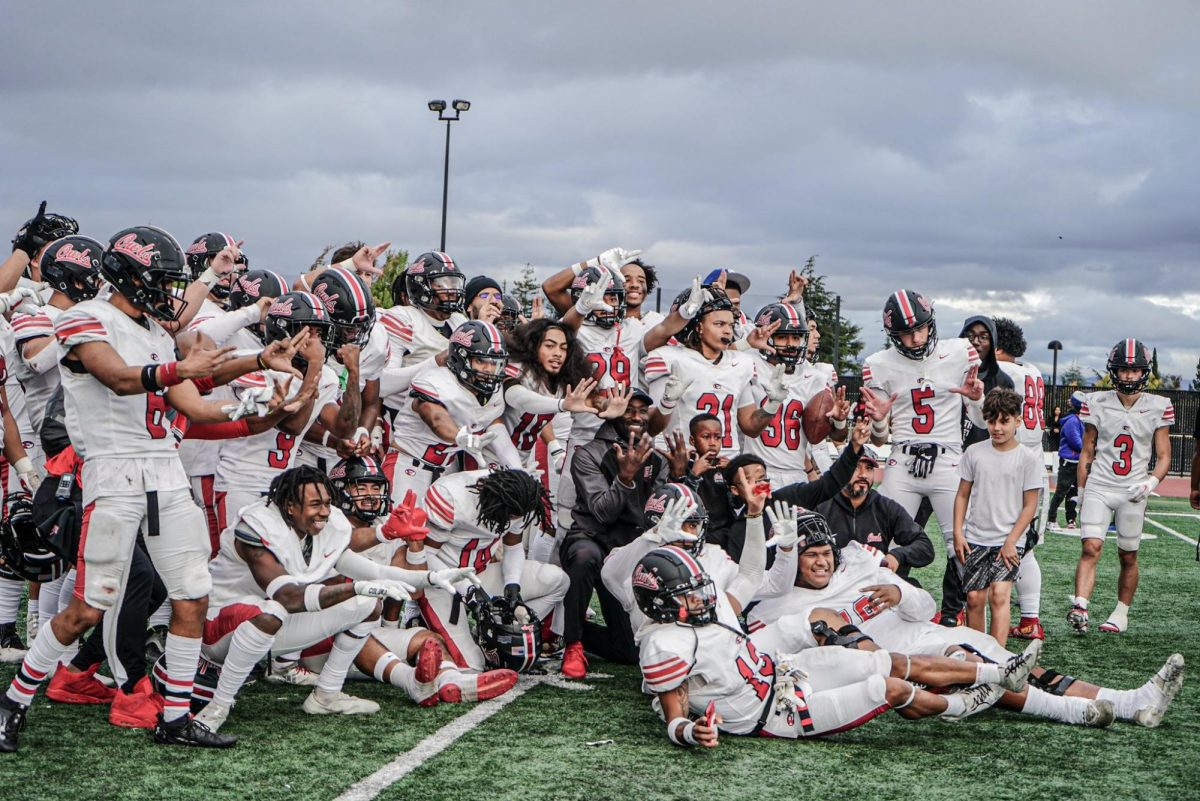
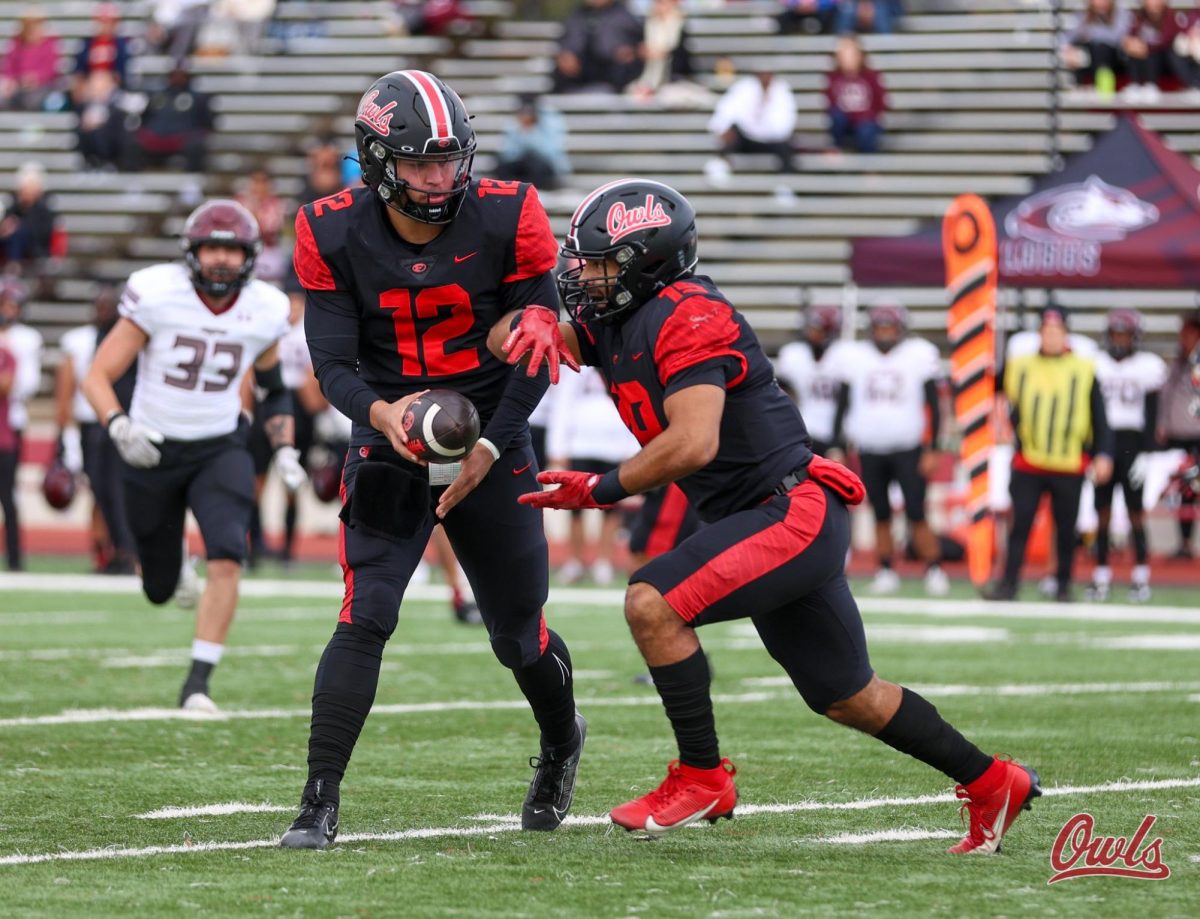
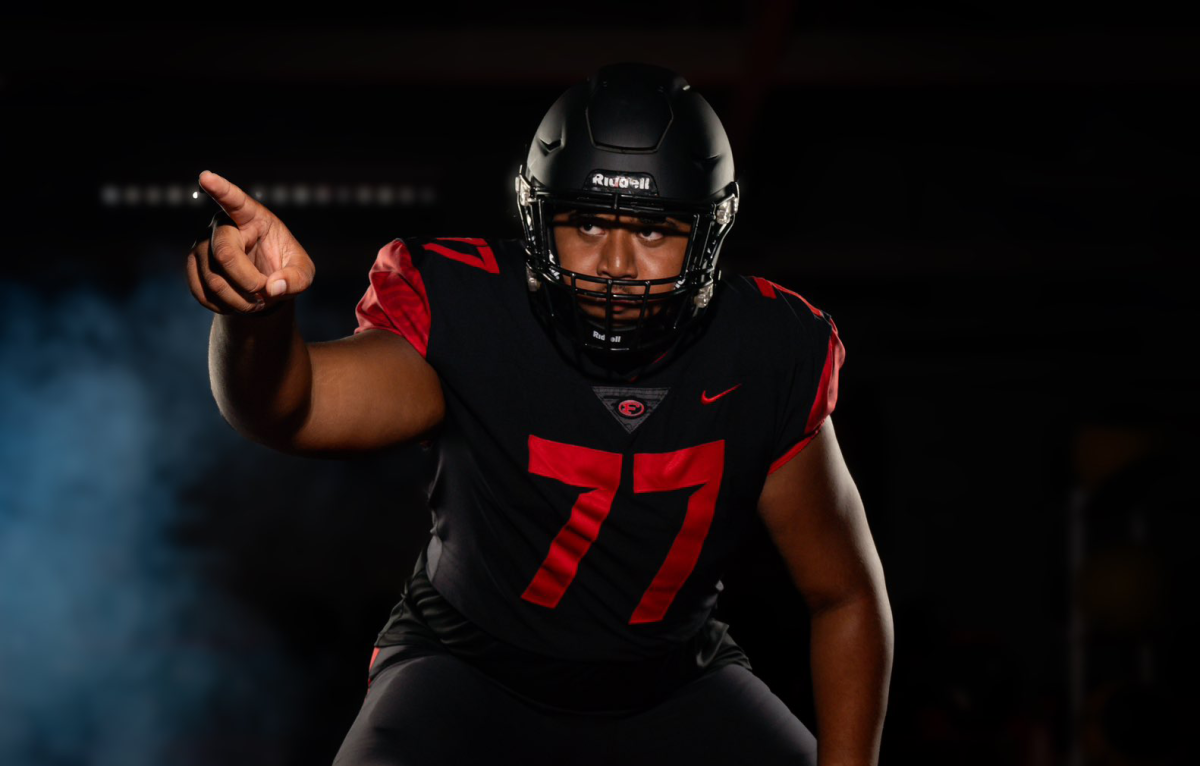
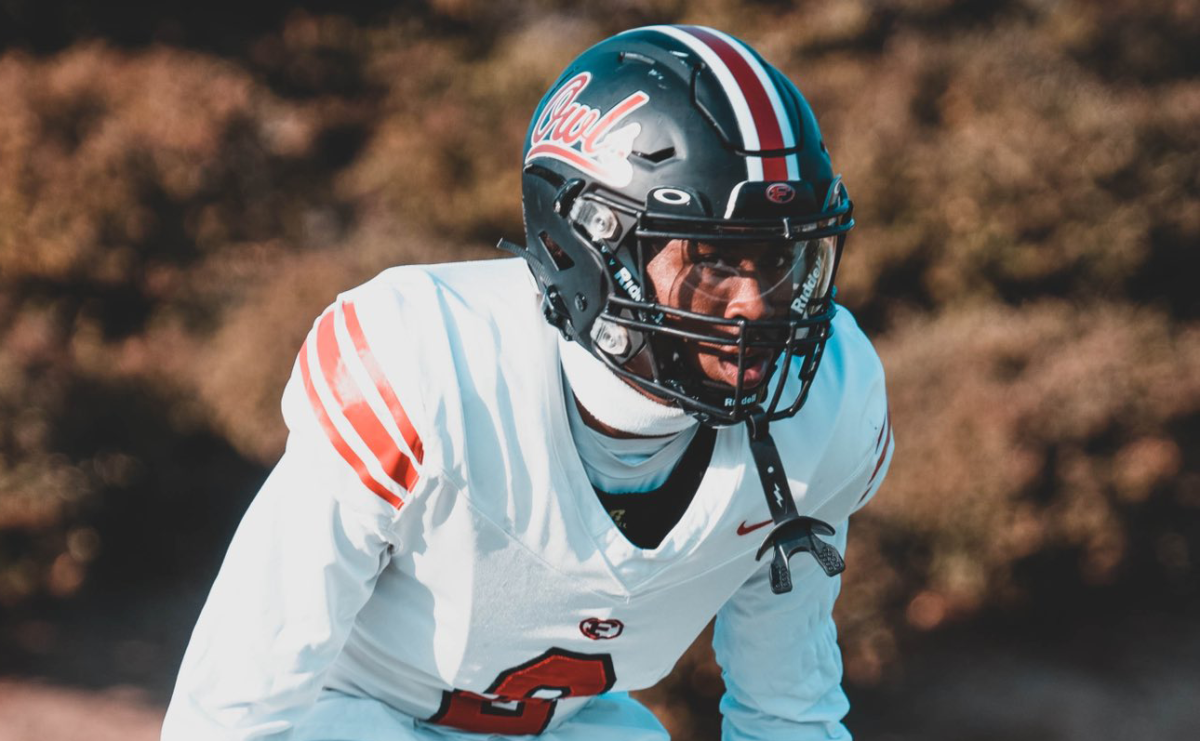

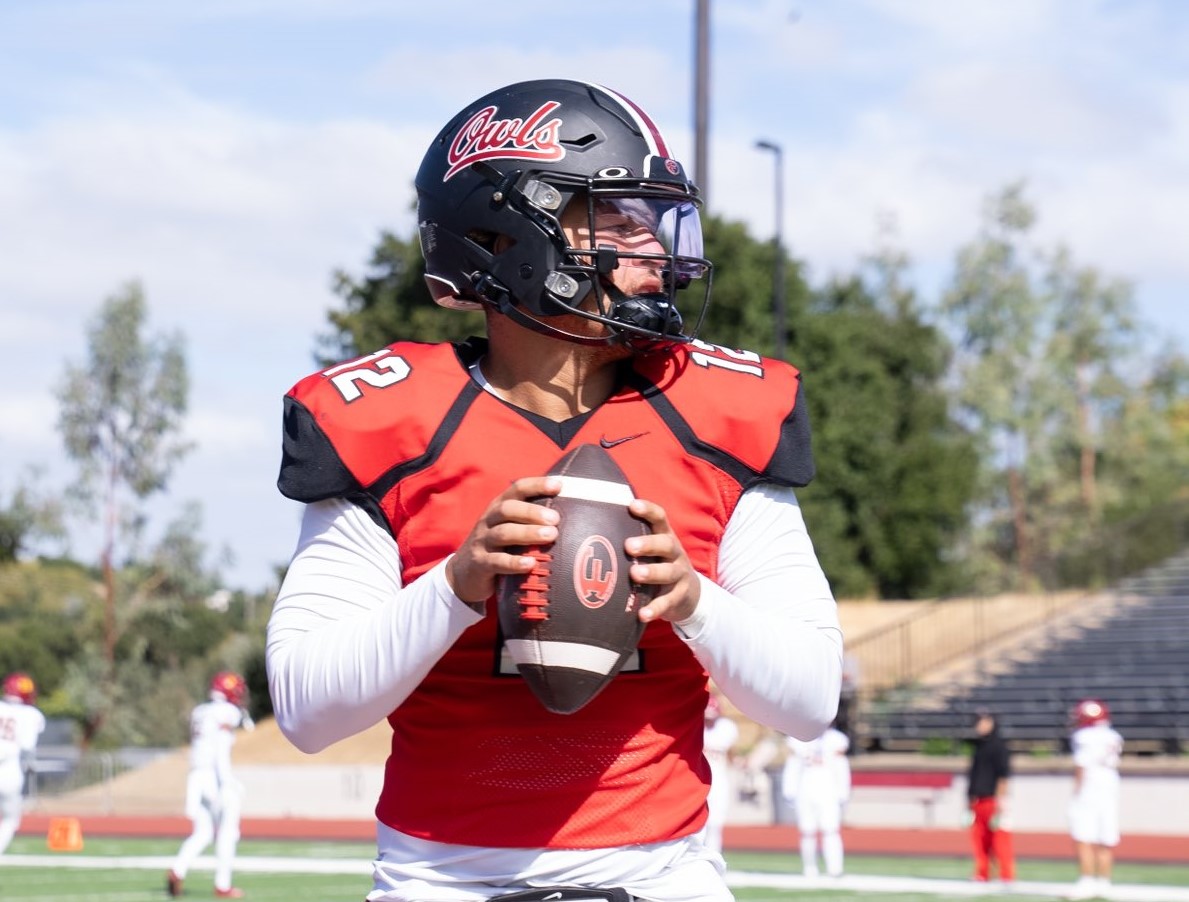

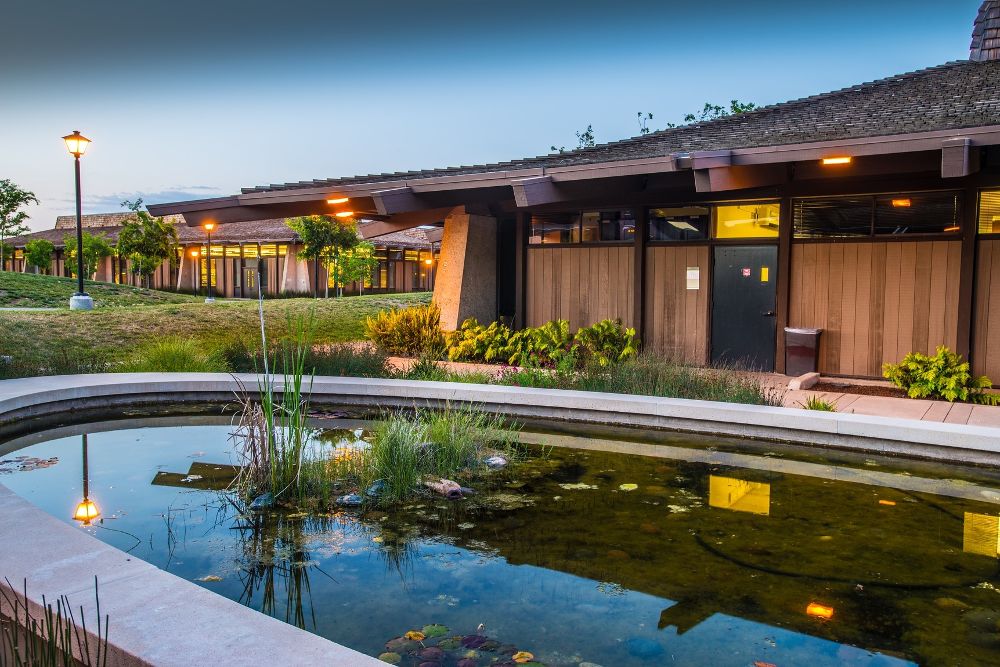
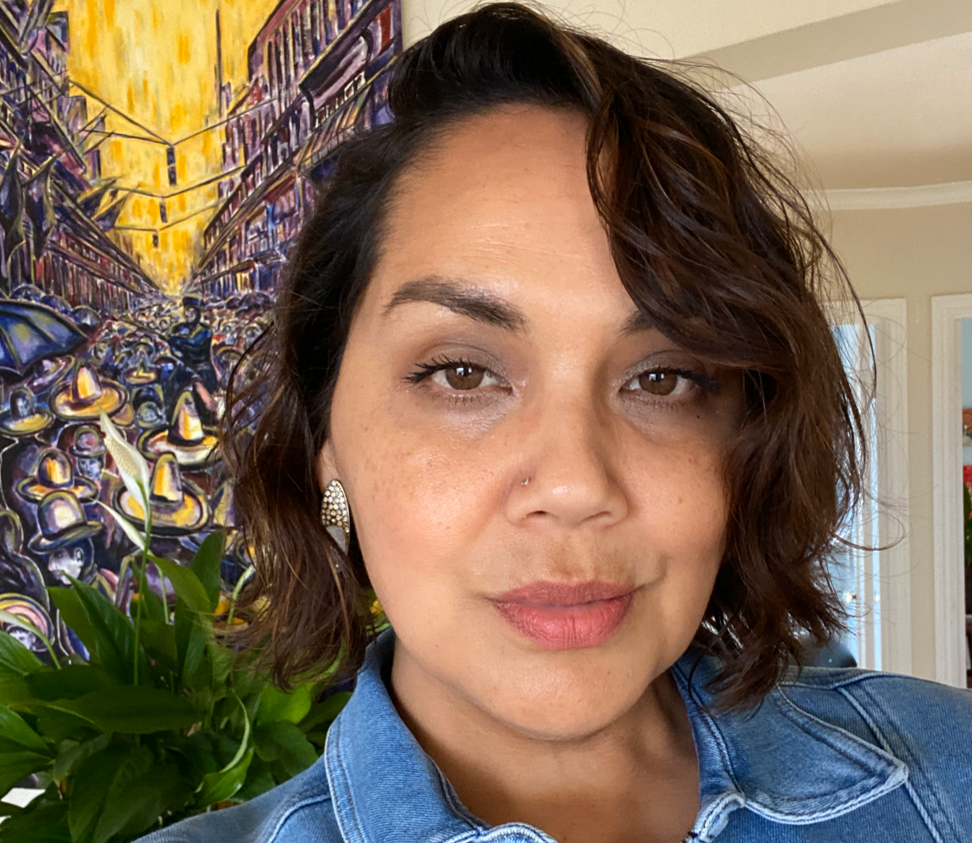







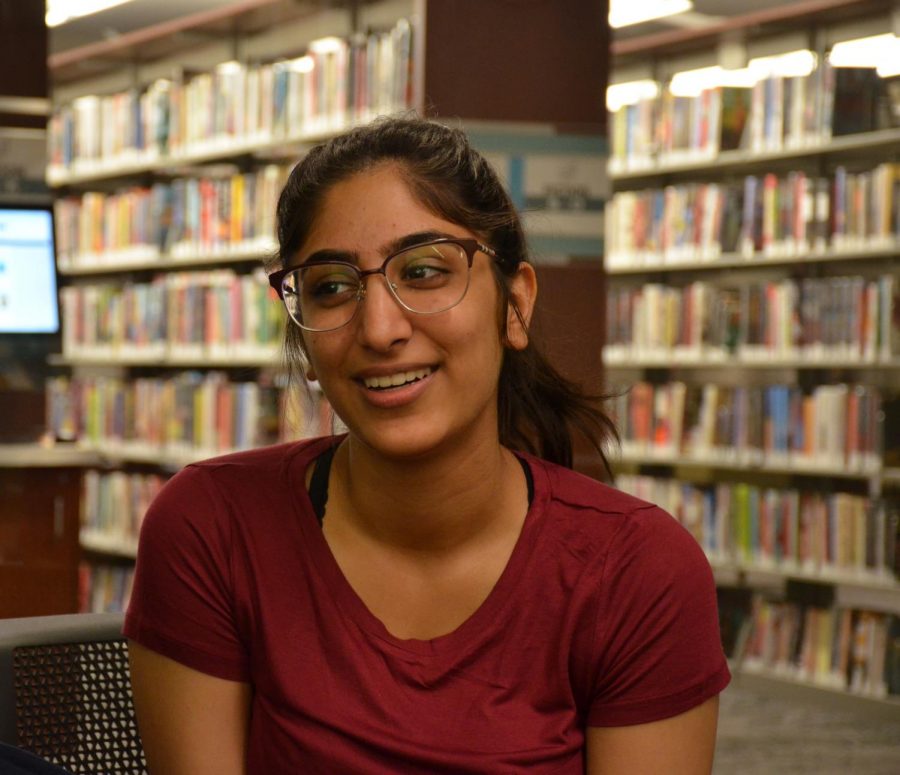

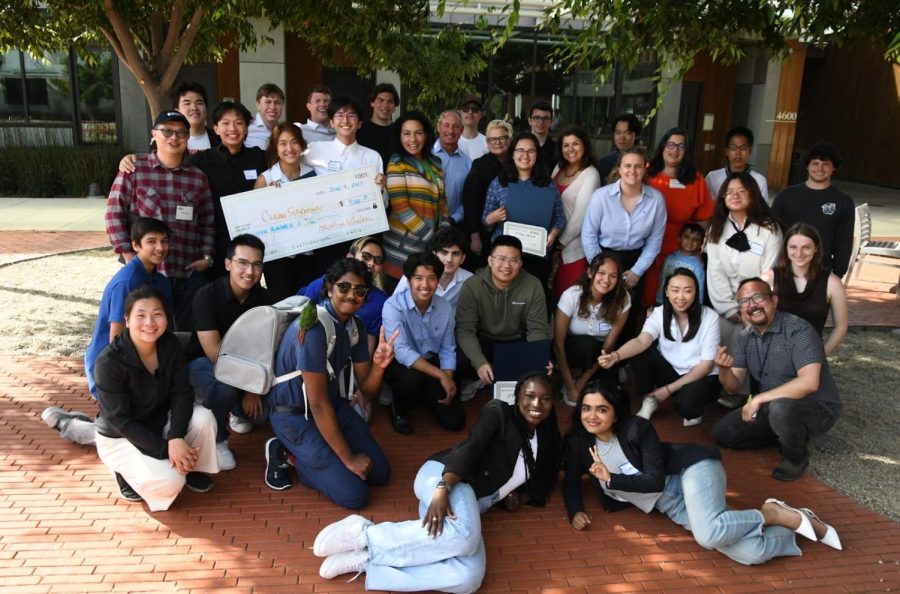

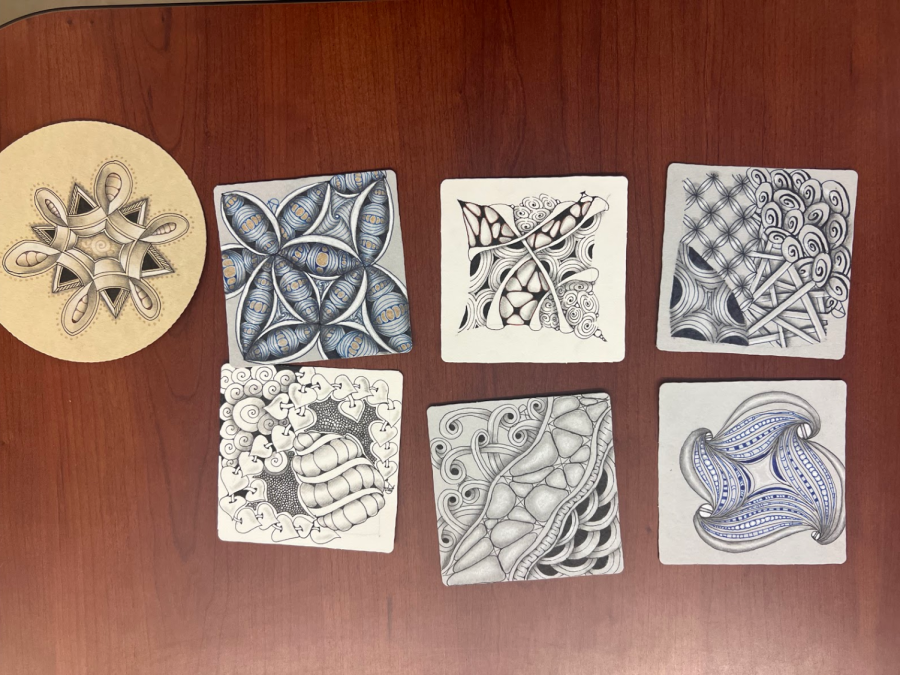


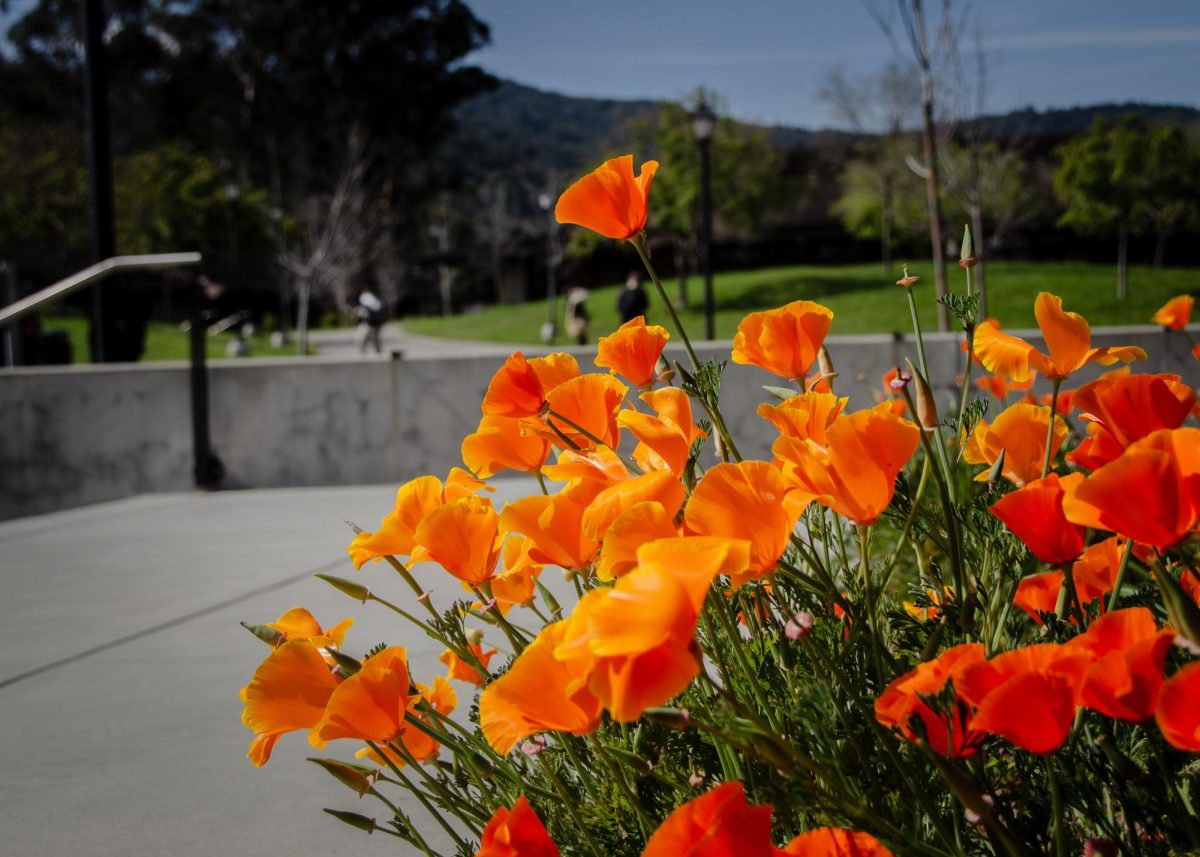





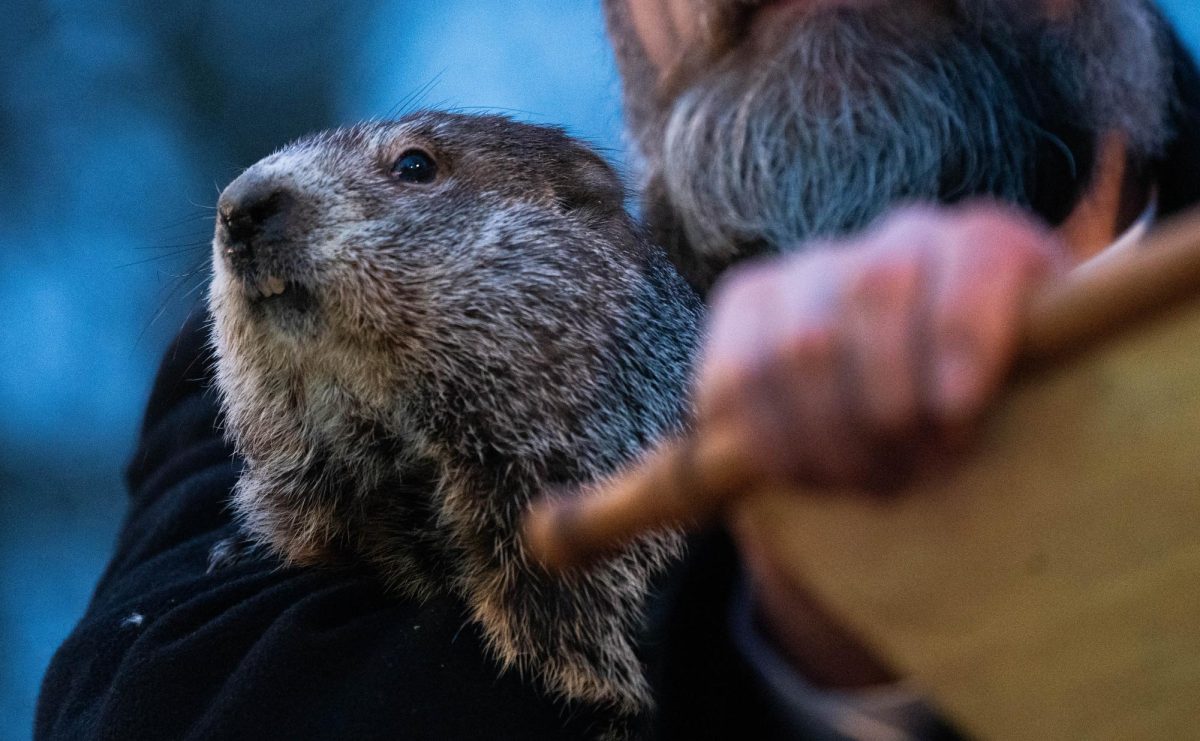

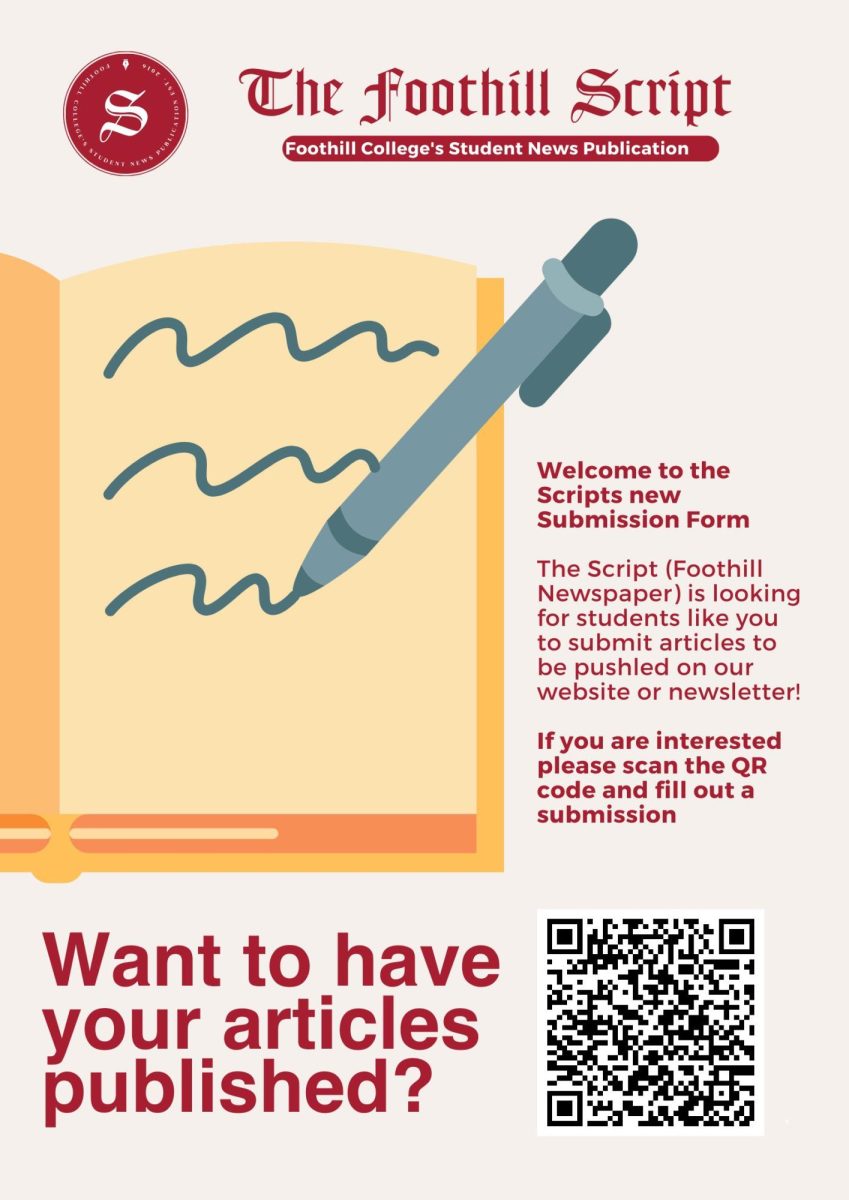


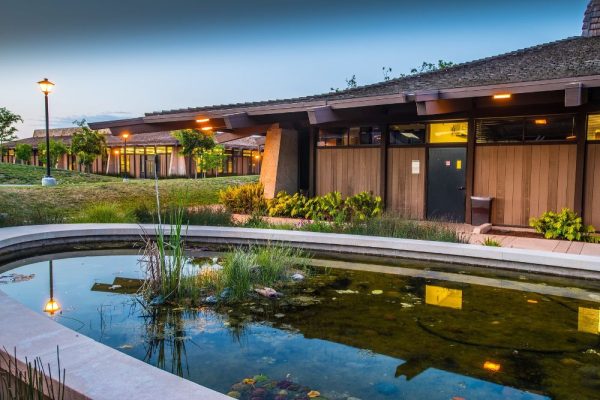
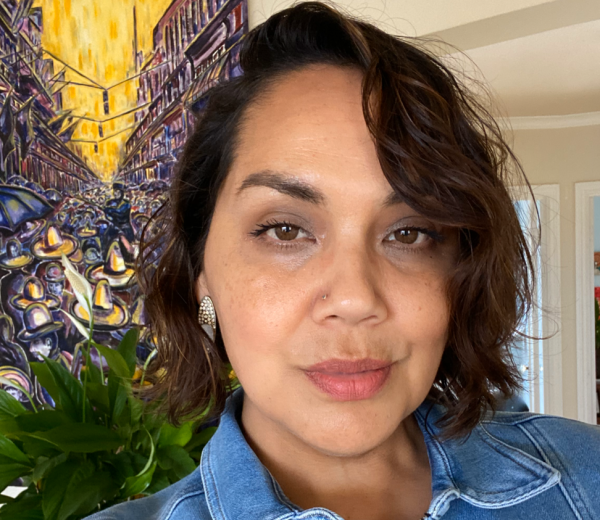
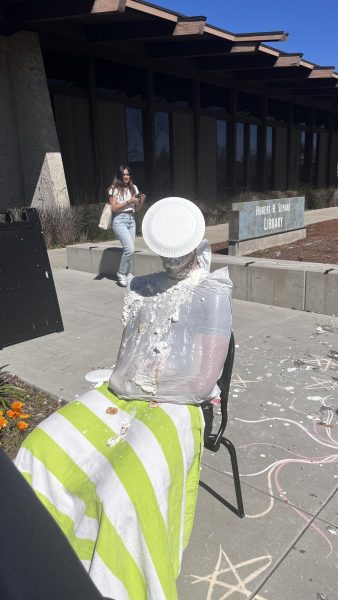


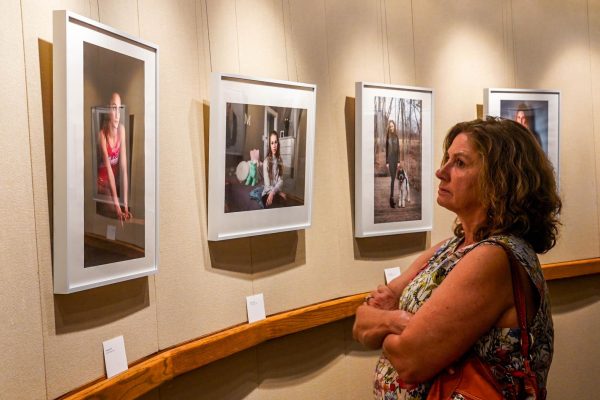

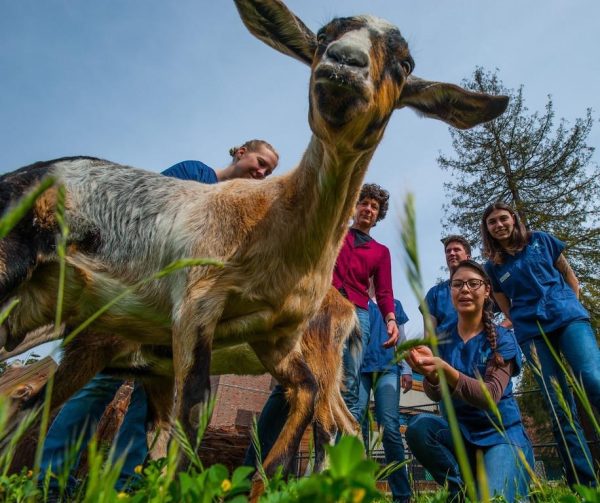

brian
May 9, 2017 at 3:28 pm
Great article. Who on campus is in charge of assisting students in finding real opportunities in the area; it would seem that we would have networks in place to assist with internships.
How about an internship at the Los Altos Town Crier as a beat writer?
brian